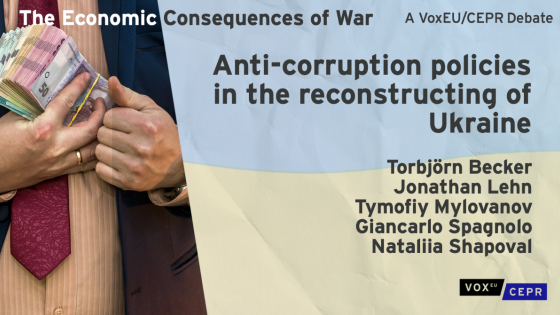DP7665 Fiscal Centralization and the Political Process
We study the dynamic support for fiscal decentralization in a political agency model from the perspective of a region. We show that corruption opportunities are lower under centralization at each period of time. However, centralization makes more difficult for citizens to detect corrupt incumbents. Thus, corruption is easier under centralization for low levels of political competition. We show that the relative advantage of centralization depends negatively on the quality of the local political class, but it is greater if the center and the region are subject to similar government productivity shocks. When we endogenize the quality of local politicians, we establish a positive link between the development of the private sector and the support for decentralization. Since political support to centralization evolves over time, driven either by economic/political development or by exogenous changes in preferences over public good consumption, it is possible that voters are (rationally) discontent about it. Also, preferences of voters and the politicians about centralization can diverge when political competition is weak.

